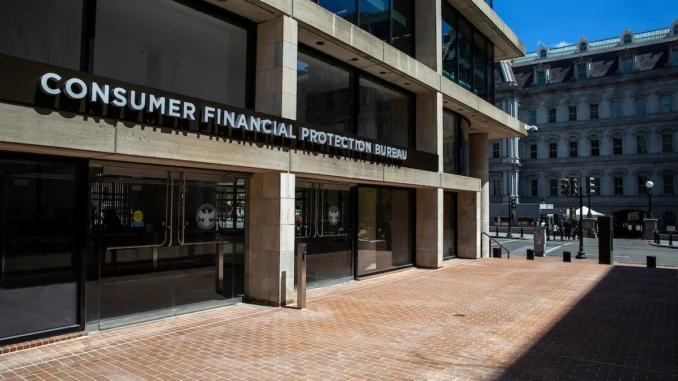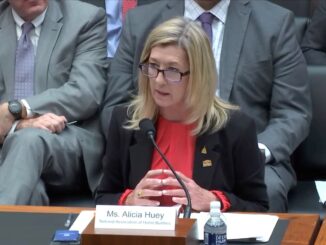
A coalition of housing trade groups, including the Mortgage Bankers Association (MBA), National Association of Home Builders (NAHB) and the National Association of Realtors (NAR), have filed a joint amicus brief with the United States Supreme Court, urging it to understand the full implication of an upcoming decision on the constitutionality of the Consumer Financial Protection Bureau (CFPB).
The joint brief was filed in Community Financial Services Association of America v. Consumer Financial Protection Bureau, a case the Court will hear in their next term, which starts in October. This case has the potential to adversely impact the CFPB if the court determines it is unconstitutional.
In the brief’s statement of interest, the organizations note that the brief was filed because of “a strong interest in maintaining the stability of the mortgage and real estate markets.”
If the Supreme Court finds the Payday Lending Rule needs to be struck down, then it has to be very careful with the way that it issues its decision regarding the operation and regulatory enforcement authority of the CFPB, the organizations state.
“[The Court] must be careful to issue a circumscribed ruling that does not call into question other crucial regulations issued by the CFPB over the past years while receiving funding [under the current mechanism],” the brief reads in part. “In Seila Law LLC v. CFPB, this Court recognized that undoing the CFPB’s actions across the board ‘would trigger a major regulatory disruption’ and do ‘appreciable damage to Congress’s work in the consumer-finance arena,’” the brief states.
That warning, the brief contends, remains true in the current case due to the widespread ramifications the decision could have on the industries the organizations are active in.
“[The organizations wish] to highlight the potentially catastrophic consequences that a decision drawing those rules into doubt could have on the mortgage and real-estate markets,” the brief states. “Thus, this Court should take care not to call into question current CFPB regulations, including those governing the real-estate financing industry, which could lead to immediate and intense disruption to the housing market, harming both consumers and the broader economy.”
While the organizations do not take a position on the constitutionality of the Bureau itself, the CFPB’s prolific rulemaking since its creation — which has happened in conjunction with dialogue from industry stakeholders in many cases — could have serious consequences for the industries themselves, the brief contends.
“If the Court issues a decision that extends beyond the Payday Lending Rule and asserts that these mortgage-related rules are potentially invalid because they were promulgated using [Treasury appropriations], it could set off a wave of challenges and the housing market could descend into chaos, to the detriment of all mortgage borrowers,” the brief states.
The outcome of such a ruling would be that the lenders, servicers and consumers that have operated under the CFPB’s regulatory framework for over a decade would find “substantial uncertainty” in their place. This would leave the industries guessing on how to conduct mortgage transactions under federal law.
The lawsuit at the center of this impending decision was filed by payday lending industry trade groups as a challenge to a 2017 small-dollar lending rule that barred lenders from making attempts to collect money from borrowers’ bank accounts after a maximum of two unsuccessful attempts to withdraw the funds owed for loan payments.
The Community Financial Services Association of America and Consumer Service Alliance of Texas argued in the original case that the CFPB’s payday rule was arbitrary and capricious, and exceeded its statutory authority. The trade groups also challenged the CFPB’s structure, its powers granted by Congress and the director’s protections from removal, claiming all were unconstitutional.
In February, the Supreme Court agreed to hear the case, but a final decision is not expected until early 2024 at the earliest. The Biden administration attempted to expedite the decision in its appeal, but the Supreme Court declined to change its timetable.
Recently, the CFPB filed a brief with the Supreme Court to make the case for its constitutionality.
Other amicus briefs defending the CFPB have recently been filed with the Supreme Court, including from a coalition of 140 current and former Democratic lawmakers and a coalition of consumer advocacy groups, including Consumer Reports, the National Consumer Law Center and Public Citizen.



